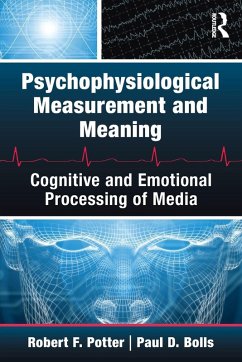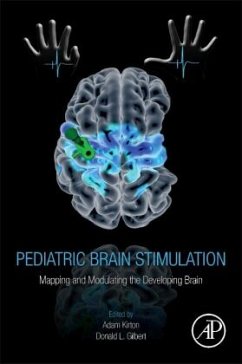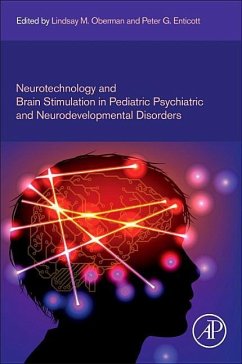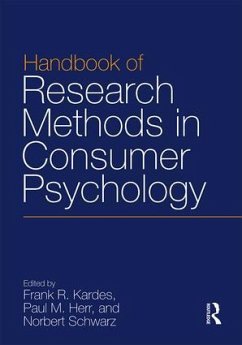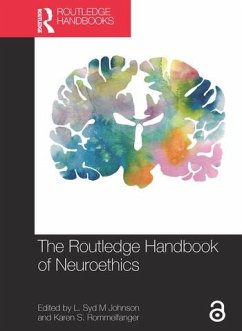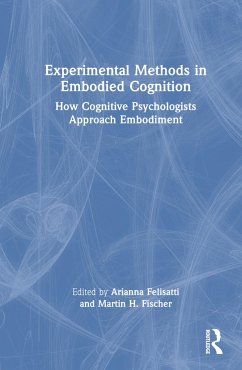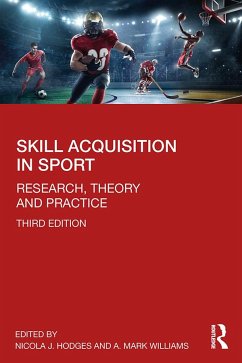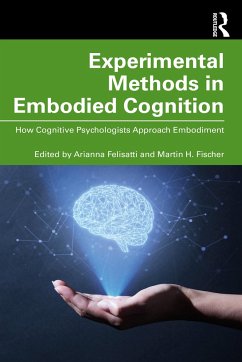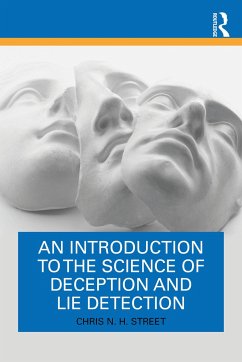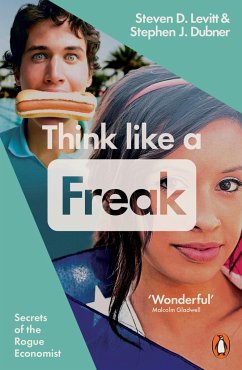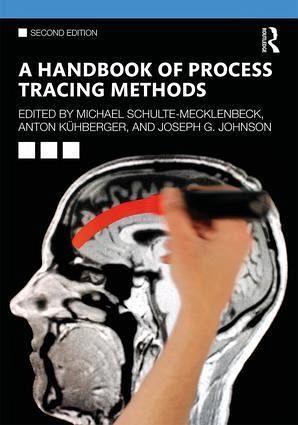
A Handbook of Process Tracing Methods
2nd Edition
Herausgegeben: Schulte-Mecklenbeck, Michael; Kuehberger, Anton; Johnson, Joseph G.
Versandkostenfrei!
Versandfertig in 6-10 Tagen
59,99 €
inkl. MwSt.
Weitere Ausgaben:

PAYBACK Punkte
30 °P sammeln!
A Handbook of Process Tracing Methods demonstrates how to better understand decision outcomes by studying decision processes, through the introduction of a number of exciting techniques. Decades of research have identified numerous idiosyncrasies in human decision behavior, but some of the most recent advances in the scientific study of decision making involve the development of sophisticated methods for understanding decision process-known as process tracing. In this volume, leading experts discuss the application of these methods and focus on the best practices for using some of the more pop...
A Handbook of Process Tracing Methods demonstrates how to better understand decision outcomes by studying decision processes, through the introduction of a number of exciting techniques. Decades of research have identified numerous idiosyncrasies in human decision behavior, but some of the most recent advances in the scientific study of decision making involve the development of sophisticated methods for understanding decision process-known as process tracing. In this volume, leading experts discuss the application of these methods and focus on the best practices for using some of the more popular techniques, discussing how to incorporate them into formal decision models.
This edition has been expanded and thoroughly updated throughout, and now includes new chapters on mouse tracking, protocol analysis, neurocognitive methods, the measurement of valuation, as well as an overview of important software packages. The volume not only surveys cutting-edge research to illustrate the great variety in process tracing techniques, but also serves as a tutorial for how the novice researcher might implement these methods.
A Handbook of Process Tracing Methods will be an essential read for all students and researchers of decision making.
This edition has been expanded and thoroughly updated throughout, and now includes new chapters on mouse tracking, protocol analysis, neurocognitive methods, the measurement of valuation, as well as an overview of important software packages. The volume not only surveys cutting-edge research to illustrate the great variety in process tracing techniques, but also serves as a tutorial for how the novice researcher might implement these methods.
A Handbook of Process Tracing Methods will be an essential read for all students and researchers of decision making.





